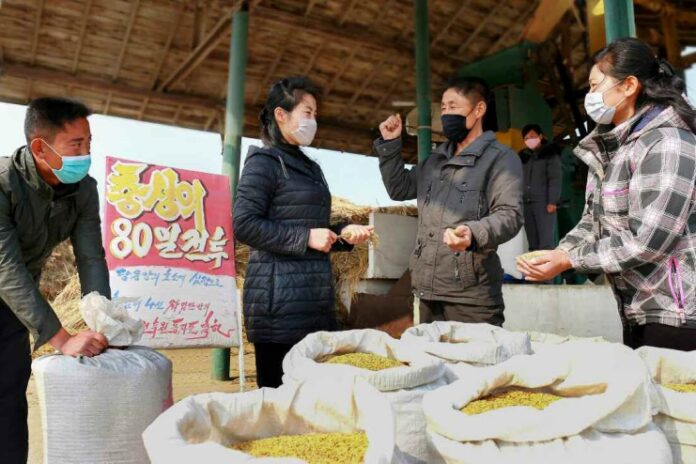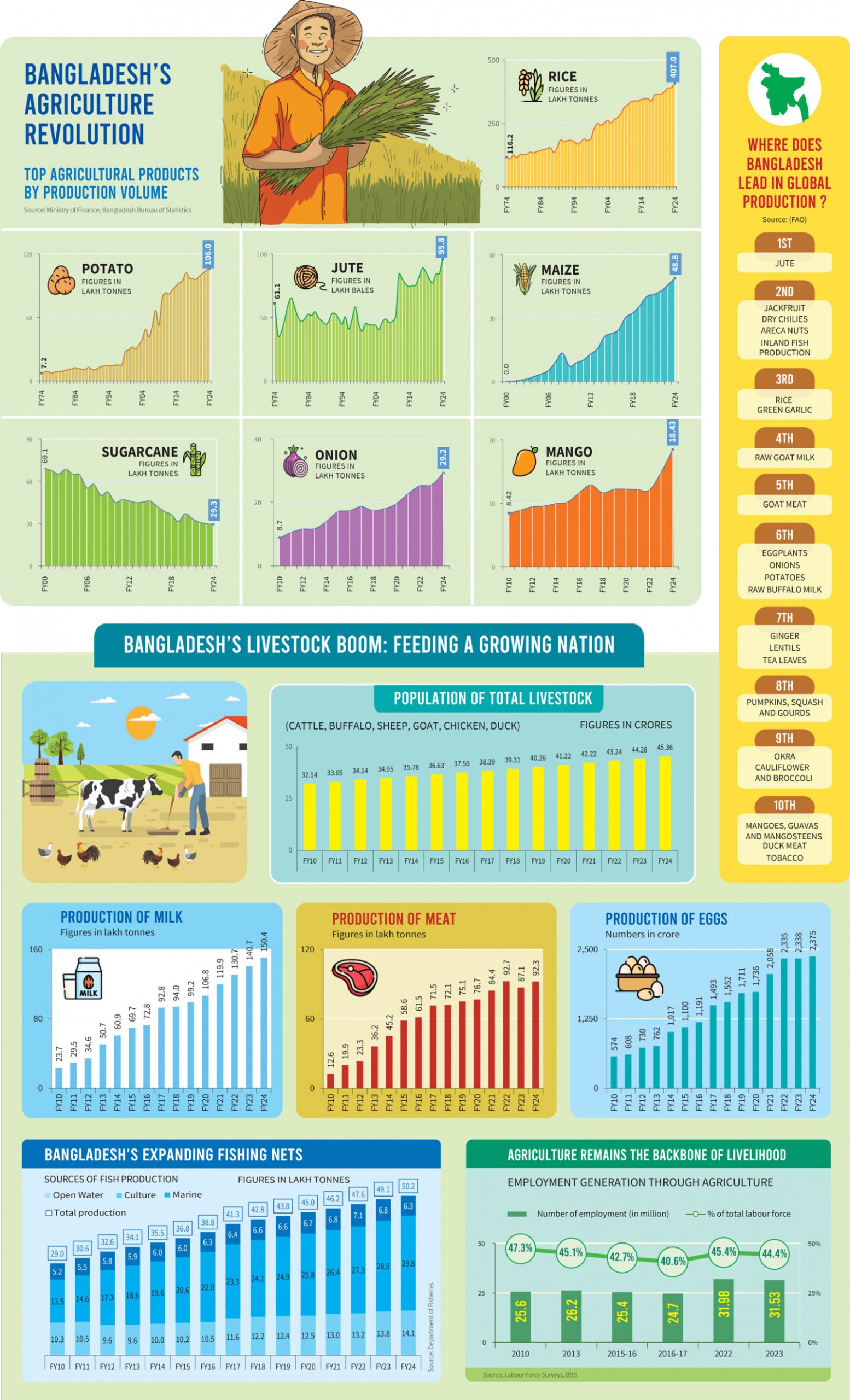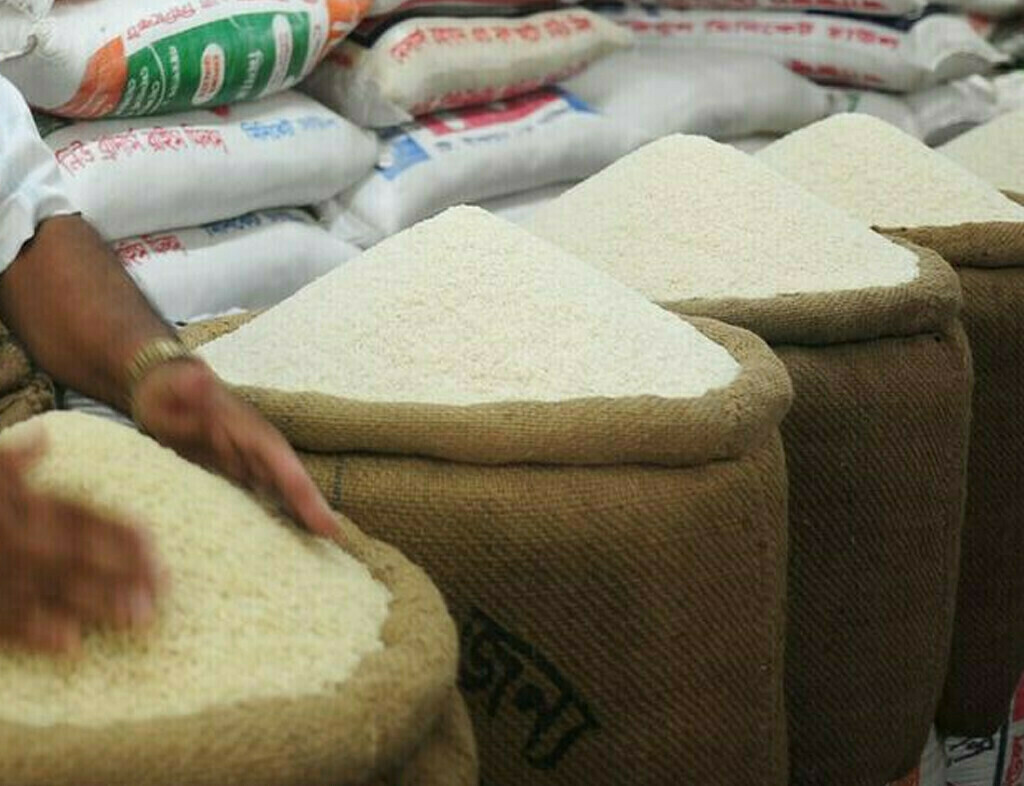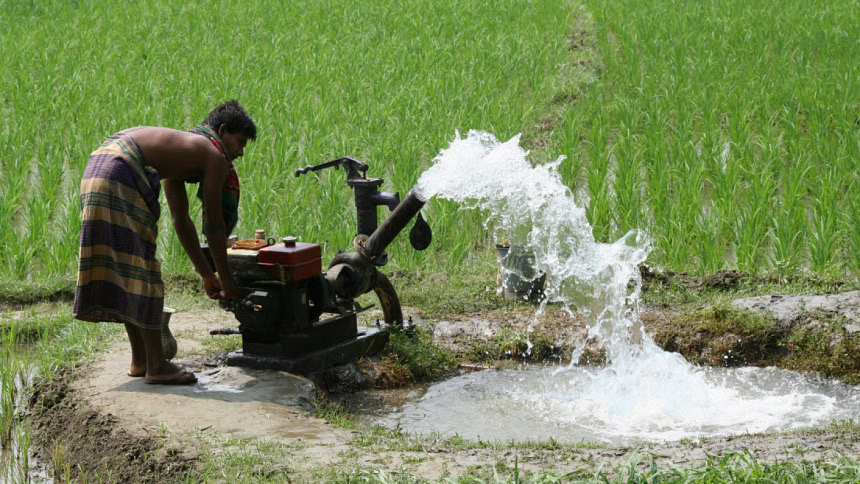Tags
Prices of rice sold in N. Korea’s state-run food shops similar to market prices
The quality of the grain sold at the shops was so bad that many people say purchasing grain at markets is cheaper, a source told Daily NK

This photo, published in state media in February 2023, shows people at a collective farm in Anak County. (Rodong Sinmun – News1)
Since the end of last year’s fall harvest, the price of rice in state-run grain stores has been little different from that sold in markets, Daily NK has learned. Moreover, the shops are unable to stock enough grain to sell to consumers.
Speaking on condition of anonymity for security reasons, a Daily NK source in South Pyongan Province said Wednesday that provincial authorities allowed teachers, doctors, and workers – in that order – to buy rice and corn from local state-run grain stores in late December.
In North Korea, people with military backgrounds, such as disabled veterans, discharged army officers, and military families, usually get priority in buying food at grain stores.
This time, however, the authorities sold grain to people of other professions first, as discharged army officers and other military personnel were given food to mark the Dec. 30 anniversary of Kim Jong Un’s appointment as supreme commander of North Korea’s armed forces.
Food shortages cause headaches for consumers
During recent food sales, state-run grain stores limited purchases to just five kilograms per person, the source said.
Given the country’s food shortages, North Korea limits the amount of grain people can buy to allow as many people as possible to purchase food and to prevent hoarding.
However, because the amount of grain sold by state-run grain stores could only meet the needs of about 70% of local residents, many people were unable to purchase grain after being pushed down the priority list.
In response, some state-run grain stores told people who could not buy grain that food would be sold again at the end of January when the shortages were made up.
People who had hoped that grain prices would drop after the harvest were also disappointed by the higher-than-expected prices.
State-run grain stores near Pyongsong sold a kilogram of rice for an average of KPW 4,000, and corn for KPW 2,000.
According to Daily NK’s regular survey of market prices in North Korea, a kilogram of rice at one market in Pyongyang – near Pyongsong – cost KPW 4,800 on Dec. 24, while corn cost KPW 2,100. In particular, the market price of corn was not much different from the price at the state-run grain stores.
The state-run grain stores in Pyongsong are sold rice at 16.7% below the market price and corn at 4.7% below the market price. When they first opened, state-run grain shops sold food at prices 20 to 30% below market prices, but recently the price gap seems to have narrowed significantly.
Shops sell low-quality food
Many people also complained about the low quality of the grain sold in the shops.
“The rice and corn had a lot of pebbles and dried grass and was quite wet, so there really wasn’t five kilograms of food being sold. There wasn’t much you could eat,” the source said.
“It’s so bad that people say buying grain in the markets is cheaper in the end.”
Translated by David Black. Edited by Robert Lauler.
Daily NK works with a network of sources living in North Korea, China, and elsewhere. Their identities remain anonymous for security reasons. For more information about Daily NK’s network of reporting partners and information-gathering activities, please visit our FAQ page here.
Please send any comments or questions about this article to dailynkenglish@uni-media.net.
https://www.dailynk.com/english/prices-rice-sold-north-korea-state-run-food-shops-similiar-market-prices/Published Date: January 12, 2024






